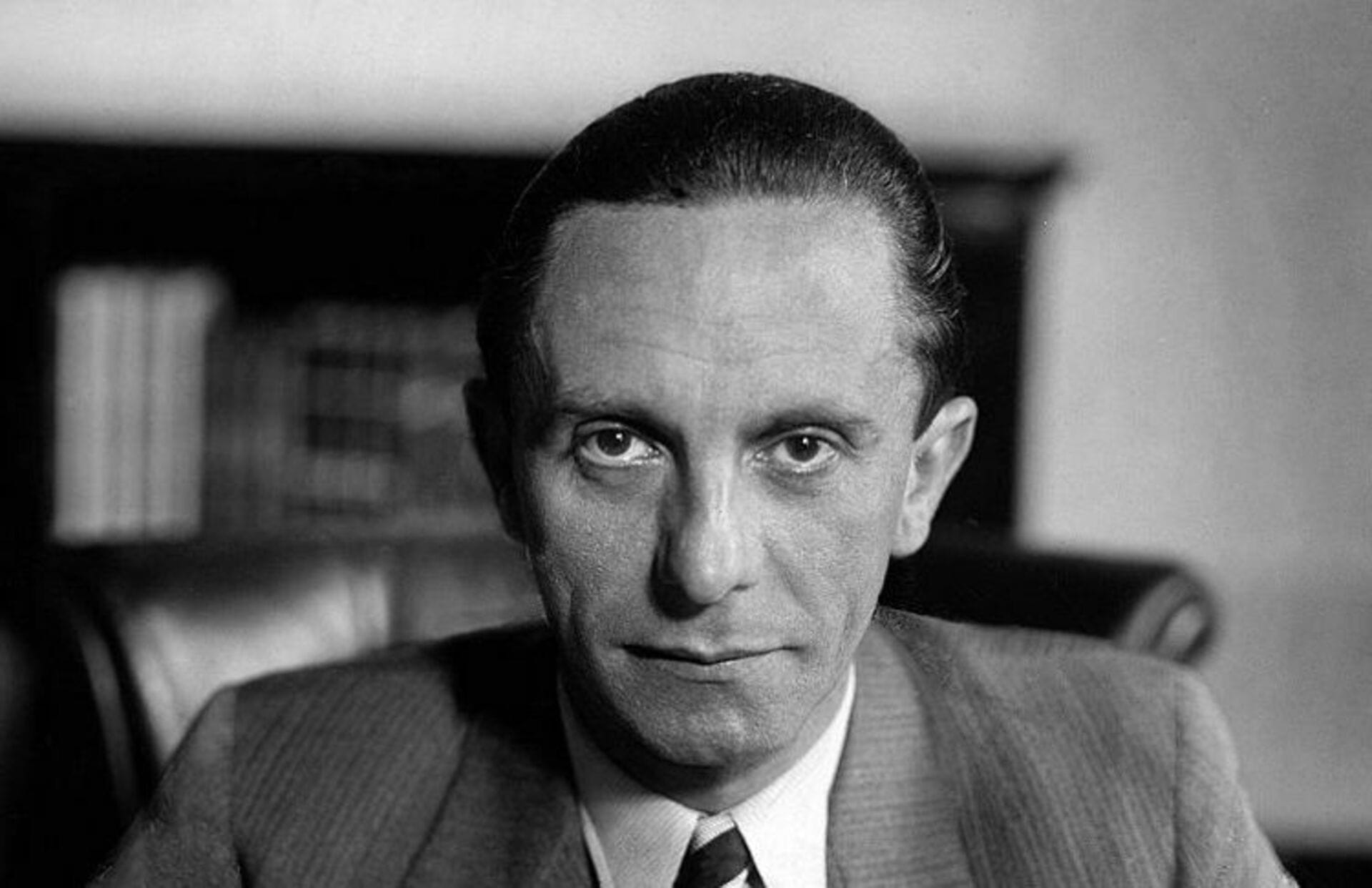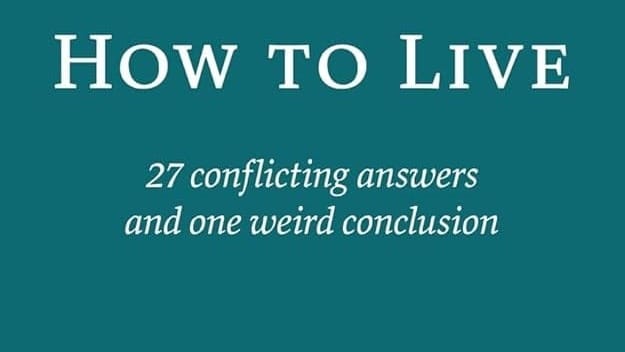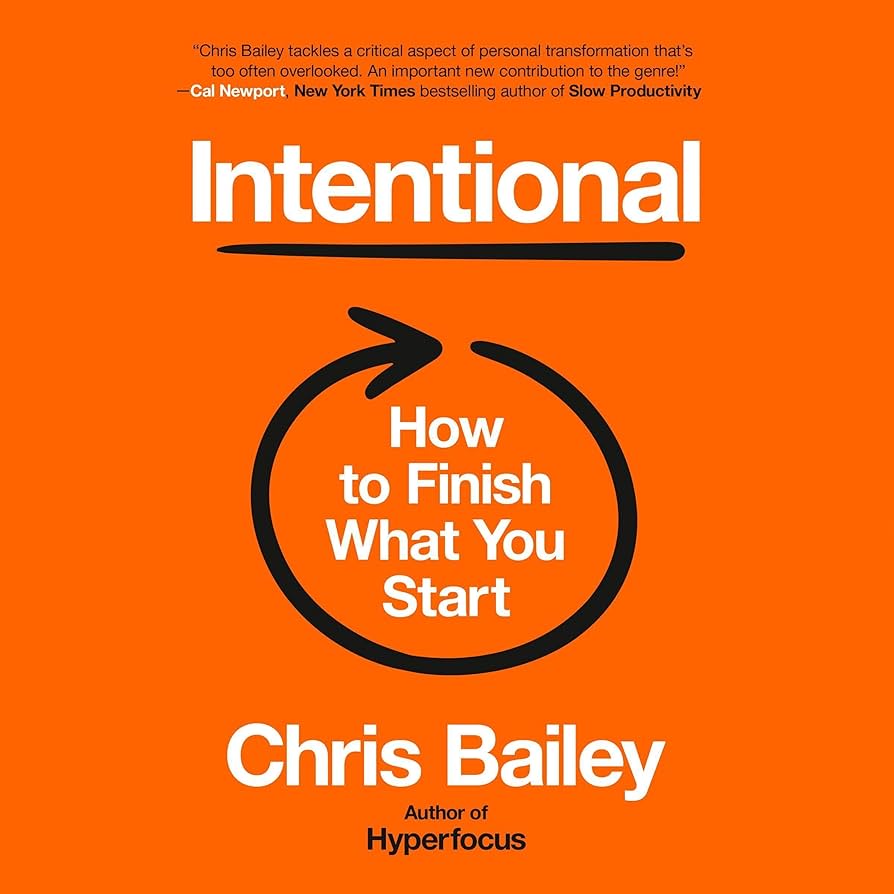"The Storm is Coming," was delivered by Nazi propaganda minister Joseph Goebbels on July 9, 1932, during a campaign rally in Berlin's Lustgarten before the July 31, 1932 Reichstag elections.
Stephen Miller, White House Deputy Chief of Staff, gave a speech at the memorial service for Charlie Kirk on September 21, 2025, at State Farm Stadium in Glendale, Arizona.
Rhetorical Structure and Apocalyptic Framing
Both speeches use apocalyptic rhetoric that frames their respective moments as decisive historical turning points. Goebbels presents Germany as having endured "14 years" of national humiliation:
"We have lived this lie for 14 years. For 14 years we have worshipped this government; we have lived in want, suffered, sacrificed, starved, sometimes wept."
Similarly, Miller frames Kirk's death as a moment of cosmic significance, positioning it within an eternal struggle between good and evil:
"The day that Charlie died, the angels wept, but those tears had been turned into fire in our hearts. And that fire burns with a righteous fury that our enemies cannot comprehend or understand."
Both speakers construct narratives of crisis requiring immediate, transformative action, with their movements representing the solution to civilizational decay.
Dehumanization and Binary Opposition
Both speakers systematically strip their opponents of humanity and dignity through nearly identical rhetorical strategies:
Goebbels (1932):
"It is those men and the parties who have misled the German people for 14 years, promising them lives of beauty and dignity, of heaven on earth, but who in the end gave us empty words and stones instead of bread."
Miller (2025):
"And to those trying to incite violence against us, those trying to foment hatred against us, what do you have? You have nothing. You are nothing. You are wickedness, you are jealousy, you are envy, you are hatred. You are nothing."
Goebbels on elimination:
"The parties must go! The political hacks must be thrown out of their chairs. We will give no pardon."
Miller on enemy incapacity:
"You can build nothing. You can produce nothing. You can create nothing... To our enemies, you have nothing to give, you have nothing to offer, you have nothing to share, but bitterness."
Civilizational and Historical Claims
Both speakers claim exclusive ownership of human achievement and cultural legacy:
Goebbels claiming German greatness:
"A new Germany has arisen! It is a Germany that has fought for twelve years against Marxist betrayal and bourgeois weakness... It is a Germany raised on the Spartan laws of Prussian duty."
Miller claiming Western civilization:
"Our lineage and our legacy hails back to Athens, to Rome, to Philadelphia, to Monticello. Our ancestors built the cities. They produced the art and architecture. They built the industry."
Goebbels on the people's movement:
"We too, comrades, were once unknown men marching with the gray masses. People, we have shared in our hearts your torture, your misery, your tribulations, your desperation. We are a piece of the people."
Miller claiming to be builders:
"We are the ones who build. We are the ones who create. We are the ones who lift up humanity."
Martyrdom and Sacrificial Themes
Both speakers transform death into a source of power and inspiration:
Goebbels invoking fallen Nazis:
"So our dead comrade Horst Wessel wrote, and we are fulfilling his prophesy."
Miller invoking Kirk:
"You thought you could kill Charlie Kirk? You have made him immortal. You have immortalized Charlie Kirk, and now millions will carry on his legacy."
Goebbels on sacrifice and dedication:
"We sacrifice for this people, and if necessary are ready to die for it."
Miller on sacrificial commitment:
"And we will devote the rest of our lives to finishing the causes for which Charlie gave his last measure of devotion."
Messianic Leadership and Destiny
Both speakers frame their movements as divinely ordained and inevitable:
Goebbels on Hitler's inevitability:
"Adolf Hitler is knocking at the gates of power, and in his fist are joined the fists of millions of workers and farmers."
Miller on divine mission:
"We will defend this world, we will defend goodness, We will defend light. We will defend virtue... Because we are on the side of goodness. We are on the side of God."
Goebbels on movement growth:
"Just as this small sect grew from seven unknown men to a movement of 15 million, so, too, I swear to you, will this movement of 15 million grow to encompass a people of 65 million."
Miller on unstoppable momentum:
"You cannot defeat us, you cannot slow us, you cannot stop us, you cannot deter us."
Language of Violence and Struggle
Both employ warrior imagery and metaphors of awakened power:
Goebbels calling for uprising:
"People, rise up, and storm, break loose!... 15 million people have joined in an army of revenge."
Miller's warrior metaphor:
"The storm whispers to the warrior that you cannot withstand my strength, and the warrior whispers back, 'I am the storm.'"
Goebbels on awakening sleeping Germany:
"They have awakened a sleeping Germany. They have organized and mobilized millions and set them to march."
Miller's strikingly similar language:
"You have no idea the dragon you have awakened. You have no idea how determined we will be to save this civilization, to save the West, to save this republic."
Goebbels on strength and determination:
"We have shown them that even in the midst of hunger, sacrifice, and need, the people can be shown the way to betterment."
Miller's parallel claim:
"Our enemies cannot comprehend our strength, our determination, our resolve, our passion."
Religious and Spiritual Dimensions
While Goebbels' speech is more secular in its approach, Miller heavily incorporates Christian imagery and language:
"We are on the side of goodness. We are on the side of God... We will prevail over the forces of wickedness and evil."
This represents a notable difference, as Miller explicitly frames the political struggle in theological terms, while Goebbels focuses more on nationalist and racial themes.
Connections to Broader White Nationalist Rhetoric
Miller's speech incorporates several well-documented themes from white nationalist and far-right movements:
"Great Replacement" and Civilizational Rhetoric
Miller's framing echoes the "Great Replacement" conspiracy theory and broader white nationalist claims about Western civilization (also perpetuated by Kirk):
Miller's civilizational inheritance claims:
"Our lineage and our legacy hails back to Athens, to Rome, to Philadelphia, to Monticello. Our ancestors built the cities. They produced the art and architecture. They built the industry."
This language parallels white nationalist rhetoric that claims exclusive ownership of Western achievements while positioning demographic and cultural change as existential threats. The emphasis on "our ancestors" building civilization is a common theme in white nationalist discourse.
"Storm" Imagery in Far-Right Movements
The "storm" metaphor has particular significance in white nationalist movements:
Miller's storm imagery:
"The storm whispers to the warrior that you cannot withstand my strength, and the warrior whisper back, 'I am the storm.' Erika is the storm. We are the storm."
This echoes the neo-Nazi concept of "der Tag des Sturms" (the Day of the Storm) and accelerationist rhetoric about an inevitable reckoning. The imagery appears in various forms across white nationalist literature and online spaces.
Apocalyptic "Final Battle" Framing
Miller's speech employs the apocalyptic framing common to white nationalist movements that view politics as cosmic warfare:
Miller on forces of light vs. darkness:
"The light will defeat the dark. We will prevail over the forces of wickedness and evil... Because we are on the side of goodness. We are on the side of God."
This Manichean worldview—positioning political opponents as literally evil forces to be defeated—is central to white nationalist ideology and appears in manifestos from various extremist movements.
"Dragon" and "Awakening" Metaphors
The "awakened dragon" metaphor has precedents in far-right literature:
Miller's warning:
"You have no idea the dragon you have awakened."
Similar "sleeping giant" or "awakened beast" metaphors appear in white nationalist texts, often referring to a racially or culturally defined group that has been provoked into action.
Dehumanization Patterns
Miller's systematic denial of opponents' humanity follows established patterns in extremist rhetoric:
Miller's dehumanization:
"You are nothing. You are wickedness, you are jealousy, you are envy, you are hatred. You are nothing."
This complete negation of opponents' humanity is a documented precursor to violence in genocidal rhetoric, as outlined in scholarly work on hate speech and extremist movements.
Martyrdom and Accelerationism
The transformation of Kirk's death into motivation for greater action reflects accelerationist thinking:
Miller on martyrdom:
"You thought you could kill Charlie Kirk? You have made him immortal... now millions will carry on his legacy."
This mirrors how extremist movements use violence and martyrdom to justify escalation, a pattern documented in studies of terrorist recruitment and radicalization.
Conclusion: Structural Parallels and Historical Echoes
The structural similarities between these speeches are striking and deeply concerning. Both employ:
- Apocalyptic crisis narratives that frame the current moment as decisive
- Complete dehumanization of political opponents
- Exclusive claims to civilizational legitimacy and historical inheritance
- Martyrdom themes that transform violence into motivation
- Messianic destiny rhetoric suggesting inevitable triumph
- Military and warrior metaphors that frame politics as warfare
Miller's speech additionally incorporates several well-documented themes from contemporary white nationalist rhetoric, including "Great Replacement" civilizational claims, apocalyptic "final battle" framing, and accelerationist martyrdom themes.







Discussion